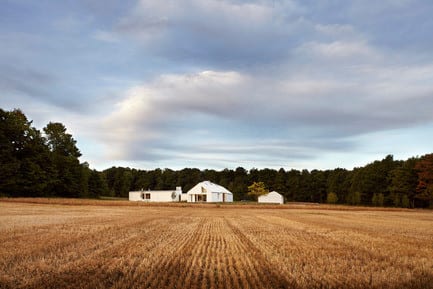
Compass House by superkül Named Architizer A+ Awards Jury Winner
superkül
Toronto, Canada, 2017-05-25 –
Compass House by Toronto-based superkül recently claimed the 2017 Architizer A+ Award (Jury Winner) in the Residential Private House (L 3,000-5,000 sq ft) category. The esteemed Architecture & Design jury was comprised of: Chris Precht, Founder, Penda; Kristian Lars Ahlmark, Partner, Schmidt Hammer Lassen; Keely Colcleugh, Director and Founder, Kilograph; Kristen Brittingham Donnelly, Partner, Studio 2X. Honouring the best architecture, spaces and products from across the globe, the A+ Awards received an astonishing 5,000 entries from over 100 countries. In the past year, Compass House has also been named an Interior Design Best of Year Award Honoree, and was recognized with an Honourable Mention in the Residential Architect Design Awards.
Charting a New Course
Designed as a weekend home for a family of six, Compass House takes its name from the clients’ desire to chart a new course as they transition from an extended stay in the United Kingdom to life back in Canada. To achieve this, the design of the home transcends ordinary domestic programming, creating a place of spiritual resonance that orients and heightens one’s experience of the surrounding environment. Through its siting, massing, tectonics and materiality, it balances intimacy and expansiveness, light and dark, land and sky.
Profound Connection to the Landscape
Located on the Niagara Escarpment, Compass House’s siting instrumentally establishes orientation. The house sits at the nexus of the land’s constituent characteristics: forests to the west, a hill to the south, and 100 acres of fields to the north and east. Set back from the road, it is surrounded by a thicket of trees to provide windbreak and a sense of enclosure. On approach from the existing farm lane, the white exterior helps register the seasons, distinct amidst the green fields of summer, and melding into a winter landscape of waning light and snow.
Landscape manipulations help embed and connect the house to its site: constructed with fieldstone found on the property, low retaining walls create a foundational plinth for the house and an enhanced sectional dynamic. Two perpendicular wings enclose an intimately scaled outdoor courtyard. In response to the building’s low-lying horizontality, the totemic form of the outdoor fireplace adds a critical vertical counterpoint, as do the judiciously placed skylights in the soaring pitched roof planes of the house, which allow soft washes of light to illuminate the interior. The eye is drawn upward, establishing an intensified and spiritual relationship to a larger environment of sky, sun and clouds.
Innovations on a Traditional Form
The form of the main residence innovates on the historical precedent of the longhouse — an inherently efficient typology found throughout Europe and parts of North America. With an elongated narrow footprint, all rooms and spaces enjoy pronounced natural light and ventilation. The length also allows for a balanced and effective distribution of programming, with a generously scaled yet intimate family space — including kitchen, dining and living areas — at the centre of the plan, and bedrooms comfortably separated on either end.
LEED Gold: Sustainable for Generations
Inside, floors and walls made from white oak and knotty white cedar are textured and warm. In contrast, the ceiling above the main space is white, expansive and seemingly boundless. The distinct difference in materiality echoes the meeting of land and sky outside. On the exterior, the firm’s commitment to an architecture that endures is manifest in the use of low-maintenance construction materials such as cement-board siding, aluminum windows and a steel roof. Built to age gracefully, the house will sustain for generations. Phase One of the project is already LEED Gold-certified, and its commitment to sustainability carries into Phase Two with a design that prioritizes natural daylighting, passive ventilation, high insulation values and construction waste reduction. The provision of an in-ground geothermal system furthers the goal of what is already exceptional energy performance.
Data Sheet
Architect: superkül
Structural: Robert E. Brown and Associates Limited
General Contractor: Wilson Project Management
Square Footage: 4,300 SF
Project End Date: 2015
Photographer: Ben Rahn/A-Frame Studio
About superkül
superkül is the Toronto-based practice of principals Meg Graham and Andre D’Elia. Founded in 2002 upon a wide range of professional experience acquired in Canada and abroad, superkül is recognized as a leading Canadian design practice. Its commitment to design excellence, pragmatism and advanced building technologies has resulted in numerous architecture and design awards and recognition in several esteemed publications in local, national and international contexts.
The firm’s portfolio encompasses a wide variety of project types, including single-family and multi-unit housing, commercial and institutional work, and master planning. While diverse, all of the projects undertaken —regardless of scale—evidence an immaculate attention to detail and material resolution, and a profound connection to their built and natural contexts. Moreoever, the prevailing ethos in superkül’s work is one that prioritizes sustainability not as an afterthought but as a foundational principle, alongside the pragmatics of buildability and constructability.
– 30 –
For more information:
Media contact
- superkül
- Leslie Jen, Marketing Director
- [email protected]
- 416.596.0700
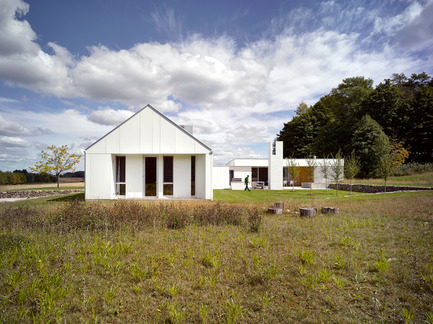
Ben Rahn / A-Frame
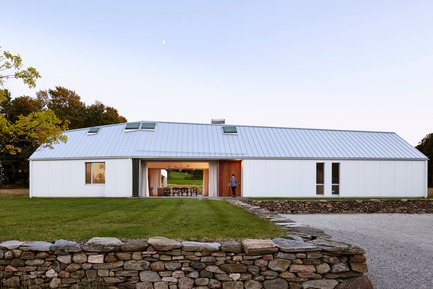
Ben Rahn / A-Frame
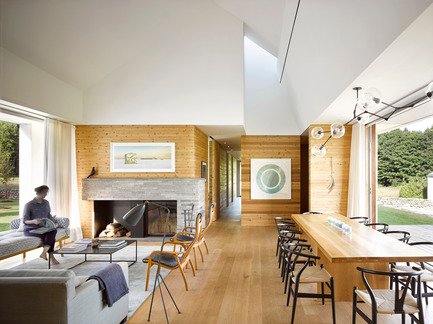
Ben Rahn / A-Frame
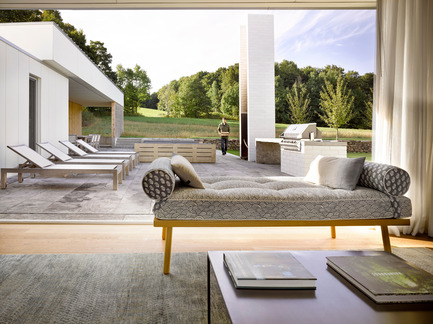
Ben Rahn / A-Frame
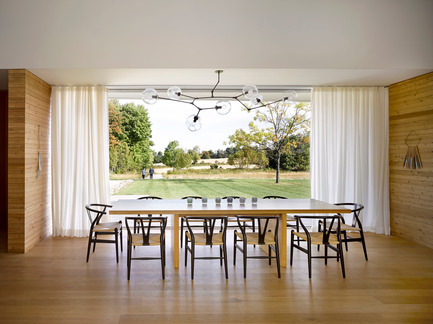
Ben Rahn / A-Frame
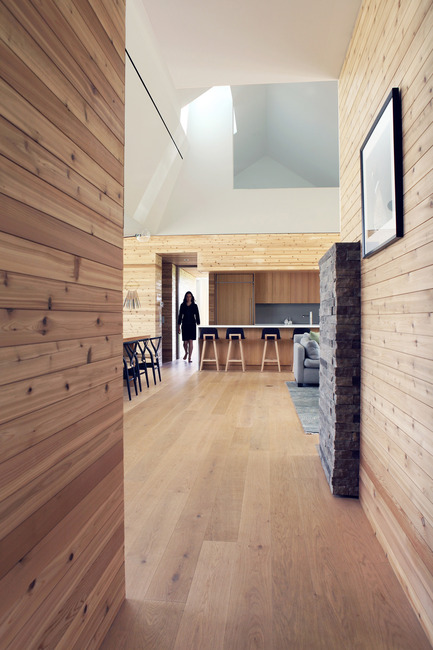
Ben Rahn / A-Frame
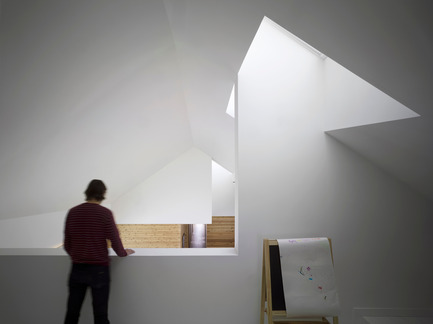
Ben Rahn / A-Frame
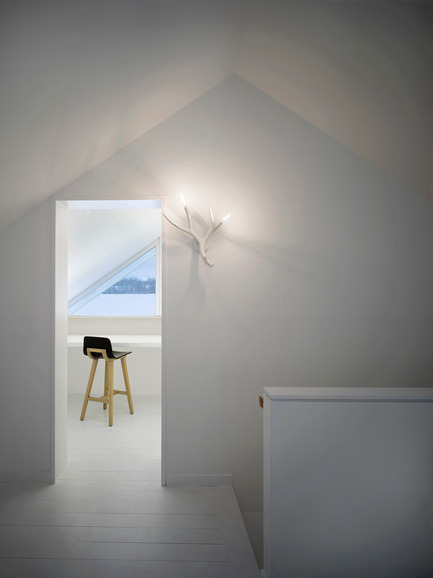
Ben Rahn / A-Frame
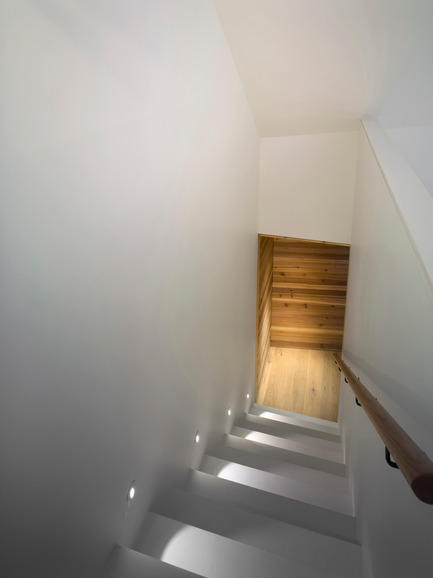
Ben Rahn / A-Frame
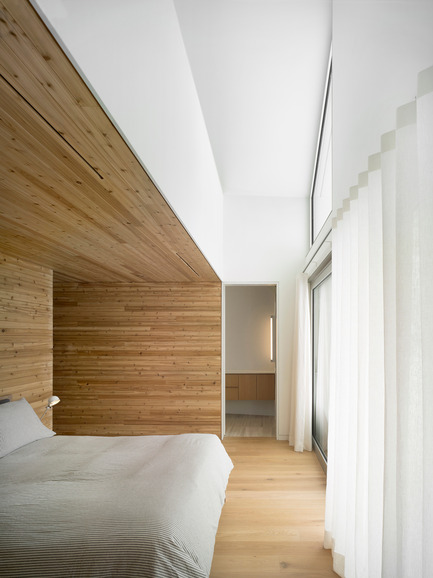
Ben Rahn / A-Frame
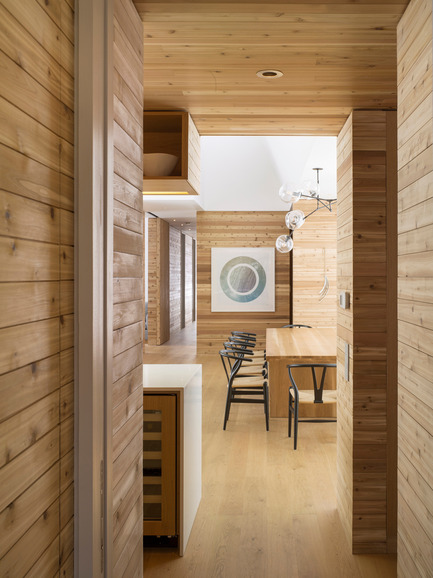
Ben Rahn / A-Frame
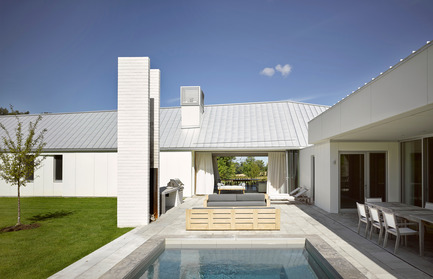
Ben Rahn / A-Frame
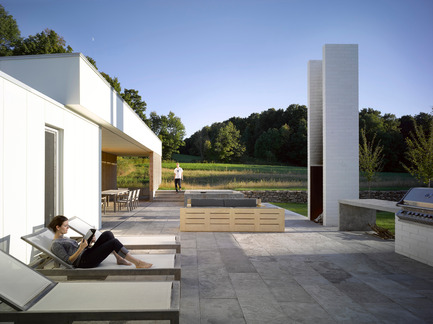
Ben Rahn / A-Frame
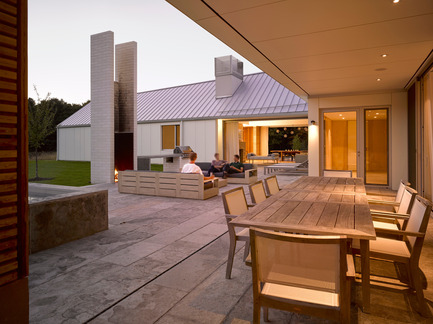
Ben Rahn / A-Frame
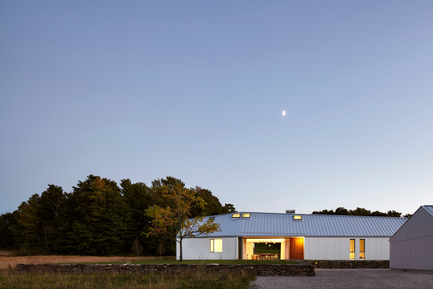
Ben Rahn / A-Frame
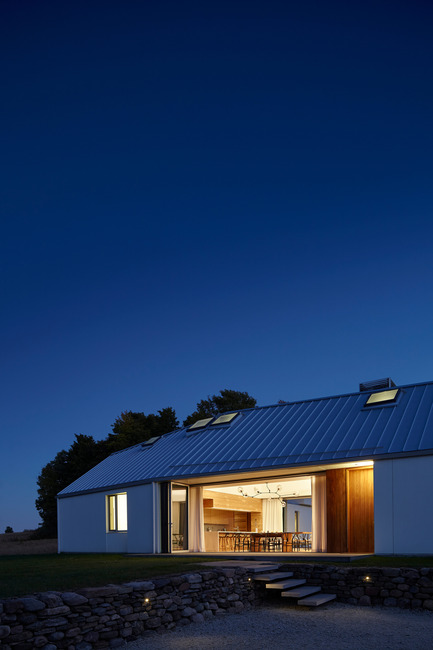
Ben Rahn / A-Frame
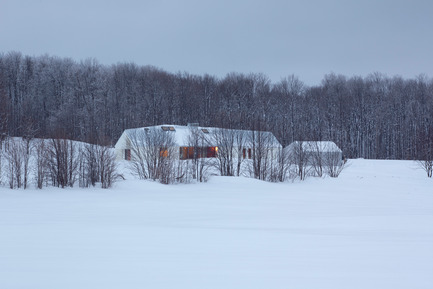
Ben Rahn / A-Frame



